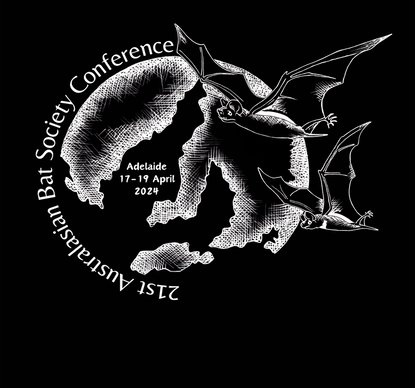In the contemporary discourse surrounding spirituality and societal development, the Bahá’í teachings offer potent insights for navigating complex challenges. The recent ABS Conference served as an illuminating confluence of ideas, showcasing the potential of Bahá’í principles in fostering not only critique but also collaboration among diverse communities. This article will expound on the pivotal lessons gleaned from such engagements, structured within a coherent framework that juxtaposes critique and collaboration.
The notion of critique is often perceived as an inherently adversarial process; however, within the context of Bahá’í teachings, it is reframed as a constructive conduit for growth. Are we not, paradoxically, tasked with the challenge of discerning when to critique and when to collaborate? This question reverberates throughout the Bahá’í discourse, urging followers to engage critically yet compassionately with differing viewpoints.
One principal teaching of the Bahá’í Faith is the necessity of unity in diversity. At the ABS Conference, this tenet was palpably illustrated as participants from various backgrounds convened to share their perspectives. Far from fostering discord, this diversity fomented an atmosphere of mutual respect and understanding. Through collaborative dialogues, participants engaged in a critical examination of prevailing social issues, demonstrating that critique can evolve into a constructive exploration of solutions.
The first lesson emerges from the concept of “consultation,” a unique Bahá’í method employed to foster understanding and collective decision-making. Unlike adversarial debate, consultation encourages participants to articulate their views while attentively listening to others. This method not only enriches the discussion but also mitigates the propensity for conflict. The challenge lies in adopting this practice not merely as a ritual but as a fundamental aspect of our interactions, both in personal and professional spheres.
Moreover, the conference illuminated the importance of eliminating prejudices and biases—a task especially pertinent in an increasingly polarized world. The Bahá’í teachings posit that true knowledge can only be attained through the dismantling of preconceived notions; hence, engaging with diverse perspectives is imperative. This principle was echoed during the sessions at the ABS Conference, where participants were encouraged to confront their biases and engage in depersonalized discussions, reframing critique as an opportunity for profound learning.
The call to action extends beyond mere dialogue; it necessitates genuine collaboration toward shared goals. The Bahá’í emphasis on service to humanity compels followers to transcend self-interest to engage in collective projects that uplift the community. Participants at the ABS Conference exemplified this spirit, exchanging ideas for collaborative initiatives that could address local issues. This serves as a clarion call for Bahá’ís and sympathetic individuals alike: how might we increase our collective efficacy by prioritizing collaboration over individual critique?
A salient example of successful collaboration can be found in the realm of education, a paramount focus of the Bahá’í teachings. The collective efforts at the conference aimed to address challenges hindering educational equity, with participants brainstorming innovative solutions. By working together, they effectively transformed critical discussions into actionable strategies—a hallmark of productive engagement that should inspire future endeavors.
The Bahá’í community is charged with a sacred responsibility: to contribute to societal advancement. But this cannot occur in isolation. Education, social development, and interfaith dialogue are interdependent pursuits that necessitate a collaborative approach. The ABS Conference poignantly emphasized this interconnectedness, underscoring that sustainable growth arises when individuals prioritize the collective over the individual. The quandary remains: how do we cultivate this mindset within our own communities?
Furthermore, confronting global challenges—such as climate change, economic inequalities, and social injustices—requires a foundational shift in how we perceive critique and collaboration. Engaging with the Bahá’í view of humanity as a single, interconnected entity prompts us to consider how our individual actions resonate within the broader tapestry of society. The conference discussions illuminated the necessity for holistic strategies, where critique of existing paradigms catalyzes collaborative efforts toward innovative solutions.
Each participant at the ABS Conference left with not only insights into the Bahá’í framework but also actionable strategies for applying these teachings in their respective spheres of influence. Whether in governmental policy-making, educational reform, or community service, the lessons drawn from critical collaboration have far-reaching implications. The inquisition into how we can coalesce various perspectives to align with a unified purpose remains a challenge for all—one that each individual can initiate within their circles of influence.
In conclusion, the teachings of the Bahá’í Faith, as demonstrated through the collaborative spirits of the ABS Conference, advocate for an enriched approach to critique. This involves not only deconstructing divisive attitudes but also weaving an intricate network of collaboration that furthers collective aspirations. As we grapple with the perennial question of critiquing versus collaborating, let us aspire to cultivate environments that prioritize unity, service, and collective action—thereby embodying the very essence of the teachings we seek to promote.
